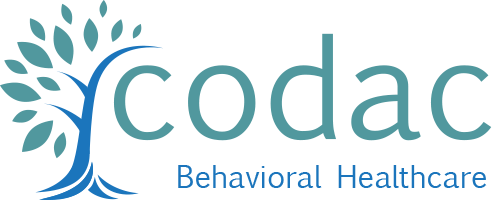Last month’s release of the 2024 National Drug Control Strategy appears to have created barely a murmur so far in the policy community — there isn’t even a formal media announcement about the strategy’s availability on the Office of National Drug Control Policy (ONDCP) website. Besides its usual focus on past progress and future priorities in interdiction, prevention, treatment, harm reduction and data collection, the newly published strategy addresses the broader social initiatives that can have an impact on the trajectory of addiction and recovery, from housing policy reform to job creation.
The strategy states that the 2021 lifting of a moratorium on mobile units for the delivery of MOUD has resulted in a 64.5% increase in units certified by the Drug Enforcement Administration, with 29 new units having received the certification since the action was taken. The chapter cites as a success story the efforts of opioid treatment program (OTP) provider CODAC Behavioral Healthcare in Rhode Island, which became the first agency to advance mobile treatment services after new federal regulations went into effect. The document states that “the mobile clinic is parked near an encampment where unhoused people live, providing access to care for an underserved and marginalized population. The mobile clinic also serves working professionals who receive methadone and then go to work. It offers walk-up services so treatment can start when a patient is ready, truly meeting people where they are and providing low-barrier access.”
Read the full article here: https://doi.org/10.1002/adaw.34158


Recent Comments